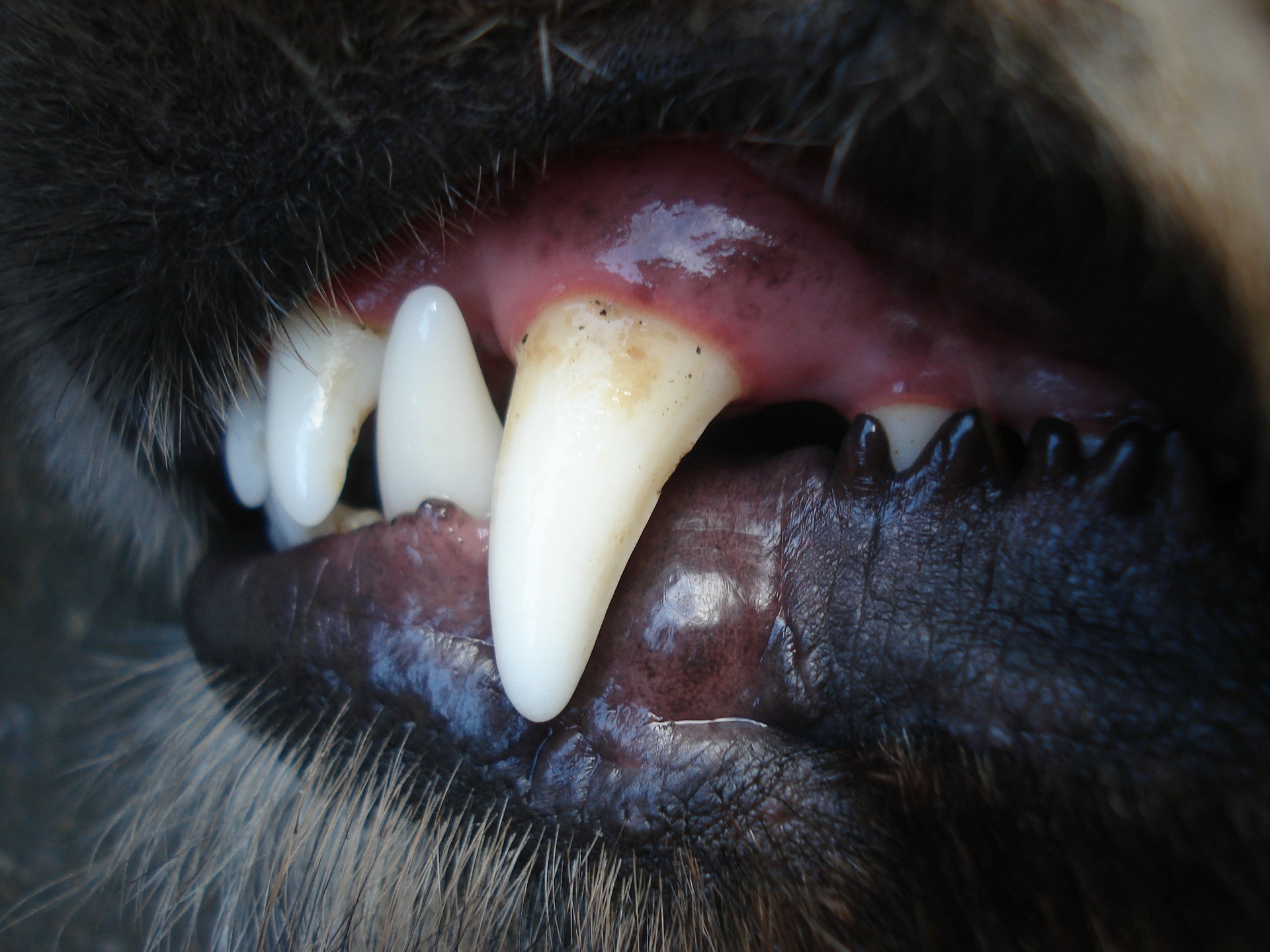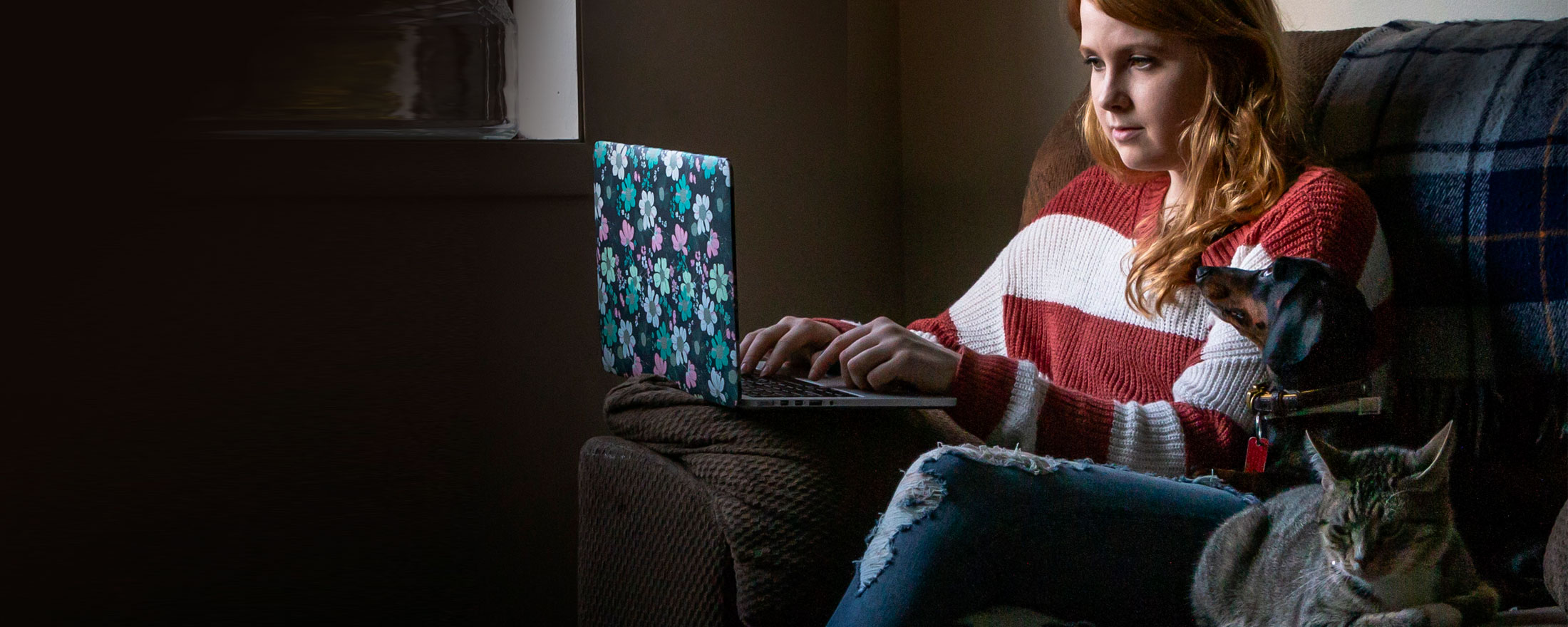
13 Apr Anesthesia for Veterinary Dental Cleanings
Providing routine oral care for pets is essential to their long-term health and wellbeing. While some owners can brush their pet’s teeth every day, others are not able to for reasons beyond their control. Although daily brushing is very important for the oral health of our pets, it does not remove the need for regular dental examinations and cleanings under anesthesia at least once a year with your veterinarian.
Why is Anesthesia Necessary?
In order to thoroughly perform dental radiographs, charting, cleaning, polishing and any treatments that may be necessary, pets must be under general anesthesia. We can only see about 40% of each tooth when a patient is not under anesthesia. Much of the dental disease that is often present is below the gumline and not visible while a patient is awake.
To many pet parents, anesthesia can still be a big concern. However, anesthetic procedures have become much safer over the years and we carefully choose an anesthetic plan tailored for each individual dog and cat.
Making a Tailored Anesthetic Plan
A Certified Veterinary Technician (CVT) will obtain a history from the pet owner and the doctor will perform a thorough examination with the patient awake. Pre-anesthetic bloodwork will be reviewed. This includes a complete blood count (CBC) and chemistries to ensure vital organs are healthy enough for anesthesia. Not all dogs and cats are created equal, so each should have an anesthetic plan tailored to their individual health needs and age.
Monitoring the Patient During the Procedure
We have a dedicated Certified Veterinary Technician that monitors that patient throughout the entire procedure and monitoring vital signs constantly. It is imperative that one technician closely monitor the pet, while a separate CVT will perform the dental cleaning and imaging. This maintains the focus and safety on each dog or cat while under anesthesia.
Important parameters we monitor include blood pressure, temperature, heart rate, respiration rate, ECG, capnography and oxygen saturation. Every pet has an IV catheter for delivery of IV fluids and to administer medications that may be needed during the procedure. An endotracheal tube is placed to protect their airway and deliver oxygen and anesthetic gas. Thermal warming support is used to maintain body temperature to help aid in a faster and safer recovery.
Cone Beam Computed Tomography (CBCT)
Full mouth dental radiographs have long been the minimum standard of care for veterinary dental procedures. They are an invaluable diagnostic tool that allows us to see below the gumline and image tooth roots and surrounding bone. Animal Dental Care and Oral Surgery is proud to be the first and only veterinary clinic in Colorado with Cone Beam Computed Tomography (CBCT).
This state-of-the-art imaging tool provides even greater detail than dental radiographs. Perhaps its greatest advantage is that a CBCT scan takes a fraction of the time that full mouth dental radiographs take and decreases the patient’s anesthesia time by as much as 20 – 30 minutes.
What about Underlying Conditions?
Patients with diseases, such as heart disease and diabetes, are not precluded from having anesthetic procedures, particularly dental procedures. In fact, these dogs and cats are the pets that need dental procedures under anesthesia the most! Animal Dental Care and Oral Surgery in Colorado Springs has CVT Veterinary Trained Specialists in anesthesia to assist in these procedures. These technicians have gone through a rigorous training and testing program that allows them to give that extra needed support to ensure their safety.
Dog & Cat Teeth Cleanings in Colorado Springs
The board-certified veterinary dentists and entire staff at Animal Dental Care and Oral Surgery put the highest priority on the safety and wellbeing of their patients, particularly in the area of anesthesia administration and monitoring. We treat your pets as if they are our very own beloved animal friends. If you have questions regarding an anesthetic dental procedure for your pet, please call us at Animal Dental Care and Oral Surgery in Colorado Springs at (719) 536-9949.

